Overview
Cinnamon (Cinnamomum verum), also called Ceylon cinnamon, is a bushy evergreen tree of the laurel family (Lauraceae) and the spice derived from its bark. The spice consists of the dried inner bark and has a delicately fragrant aroma and a warm sweet flavor. Cinnamon is a popular spice that has been used for centuries for both culinary and medicinal purposes. While individual responses to cinnamon can vary, some potential health benefits of cinnamon include:
Benefits
Antioxidant Properties: Cinnamon is rich in antioxidants, which help neutralize harmful free radicals in the body. Antioxidants play a role in reducing oxidative stress and inflammation.
Anti-Inflammatory Effects: Cinnamon has been studied for its anti-inflammatory properties, which may help in reducing inflammation and related conditions.
Blood Sugar Regulation: Some studies suggest that cinnamon may help improve insulin sensitivity and lower blood sugar levels. This could be beneficial for individuals with insulin resistance or type 2 diabetes. However, it’s important to note that the evidence is not conclusive, and individuals with diabetes should consult their healthcare provider before making significant dietary changes.
Heart Health: Cinnamon may have a positive impact on heart health by improving lipid profiles, including lowering levels of LDL cholesterol and triglycerides.
Antimicrobial Properties: Cinnamon has been found to have antimicrobial properties, which may help inhibit the growth of bacteria and fungi. This could be beneficial for oral health, among other things.
Neuroprotective Effects: Some studies suggest that cinnamon may have neuroprotective effects and could potentially be beneficial in the prevention or treatment of neurodegenerative diseases.
Improved Cognitive Function: There is some evidence to suggest that cinnamon may have cognitive-enhancing properties and could potentially aid in improving memory and attention.
Aiding Digestion: Cinnamon has traditionally been used to aid in digestion. It may help with indigestion, bloating, and gas.
Uses
Cinnamon is a versatile spice that is used in various culinary and non-culinary applications. Here are some common uses of cinnamon:
Culinary Uses:
- Baking: Cinnamon is a popular spice in baking and is commonly used in recipes for cookies, cakes, muffins, and bread. It adds a warm and sweet flavor.
- Spice Blends: Cinnamon is a key ingredient in many spice blends, such as pumpkin spice, apple pie spice, and chai spice.
- Hot Beverages: Cinnamon is often used to flavor hot beverages like coffee, tea, and hot chocolate. It can be added directly to the drink or used as a garnish.
- Oatmeal and Cereal: Sprinkling cinnamon on oatmeal, cereal, or even yogurt can add flavor without the need for excessive sugar.
- Stews and Curries: In some cuisines, cinnamon is used in savory dishes, especially in stews, curries, and rice dishes. It adds a warm and aromatic element.
- Mulled Beverages: Cinnamon is a key ingredient in mulled wine and cider, where it contributes to a rich, spiced flavor.
Non-Culinary Uses:
- Aromatherapy: Cinnamon has a warm and inviting aroma. Cinnamon sticks or essential oil can be used in aromatherapy to create a cozy atmosphere.
- Potpourri: Cinnamon sticks and ground cinnamon can be added to potpourri mixes for a pleasant scent.
- Cinnamon Infused Oils and Vinegars: Cinnamon can be infused into oils and vinegars to create flavored options for cooking or salad dressings.
- Air Fresheners: Cinnamon can be used to create natural air fresheners. Simmering cinnamon sticks in water on the stove or using cinnamon essential oil in a diffuser can help freshen the air.
- Repelling Insects: Cinnamon has natural insect-repelling properties. Placing cinnamon sticks or using cinnamon oil in strategic areas can help deter pests.
- Health and Beauty: Some people use cinnamon in homemade face masks or scrubs due to its potential anti-inflammatory and antimicrobial properties. However, it’s important to be cautious as cinnamon can be irritating to the skin for some individuals.
- Flavoring Beverages: Cinnamon can be added to various beverages beyond just hot drinks, including smoothies, shakes, and cocktails.


 Shop layouts
Shop layouts
 Food Supplements
Food Supplements
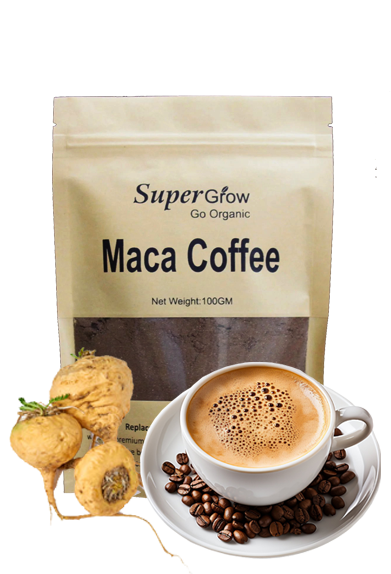
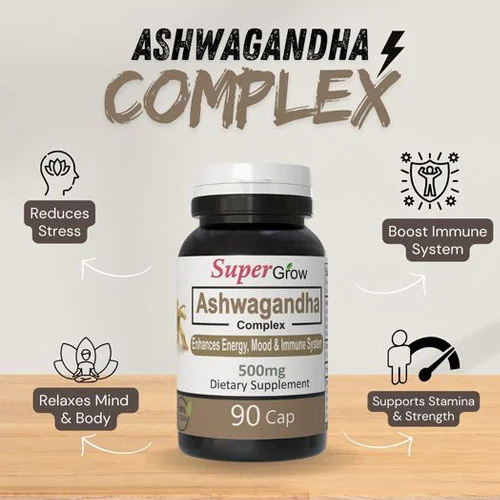


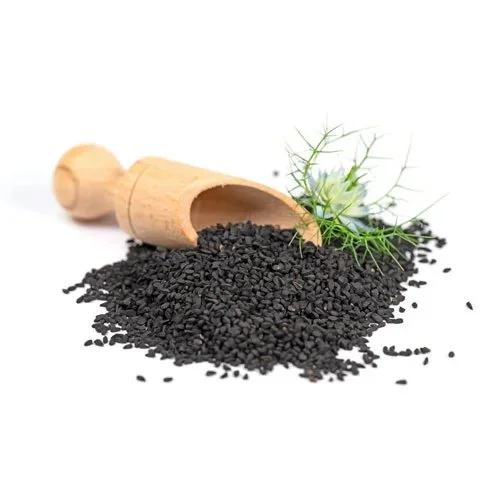

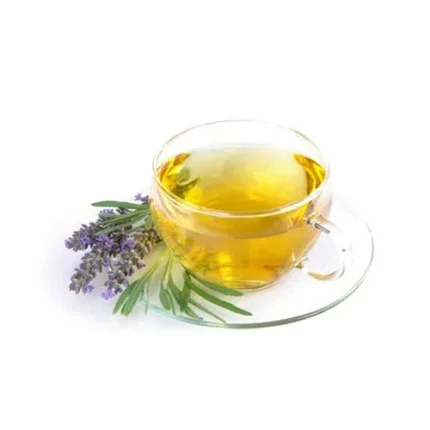
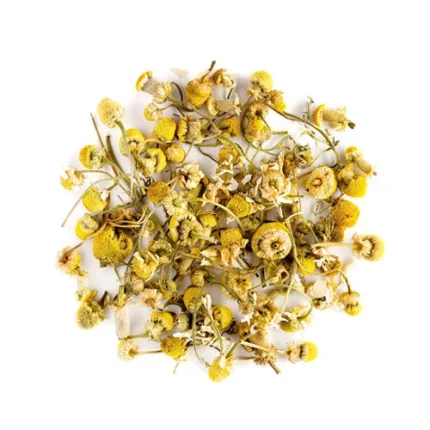
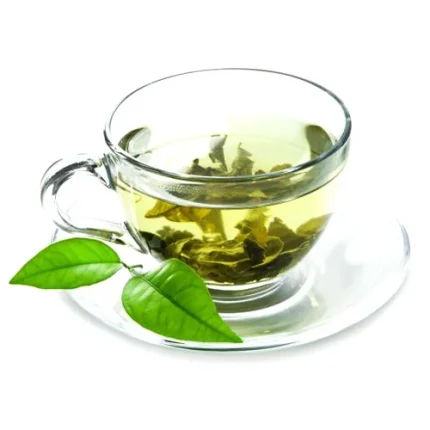
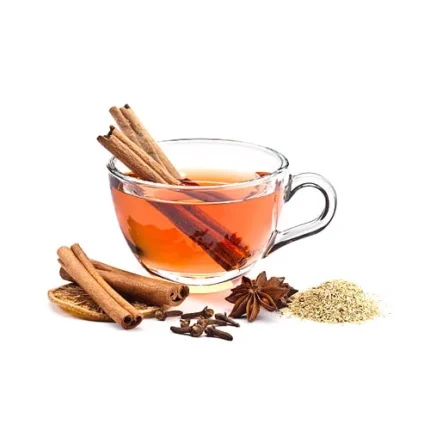

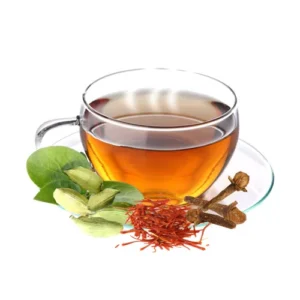
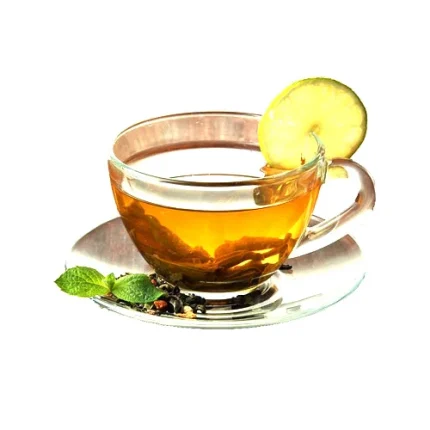
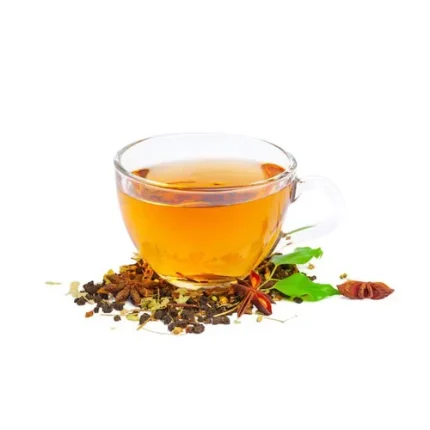

Reviews
There are no reviews yet.